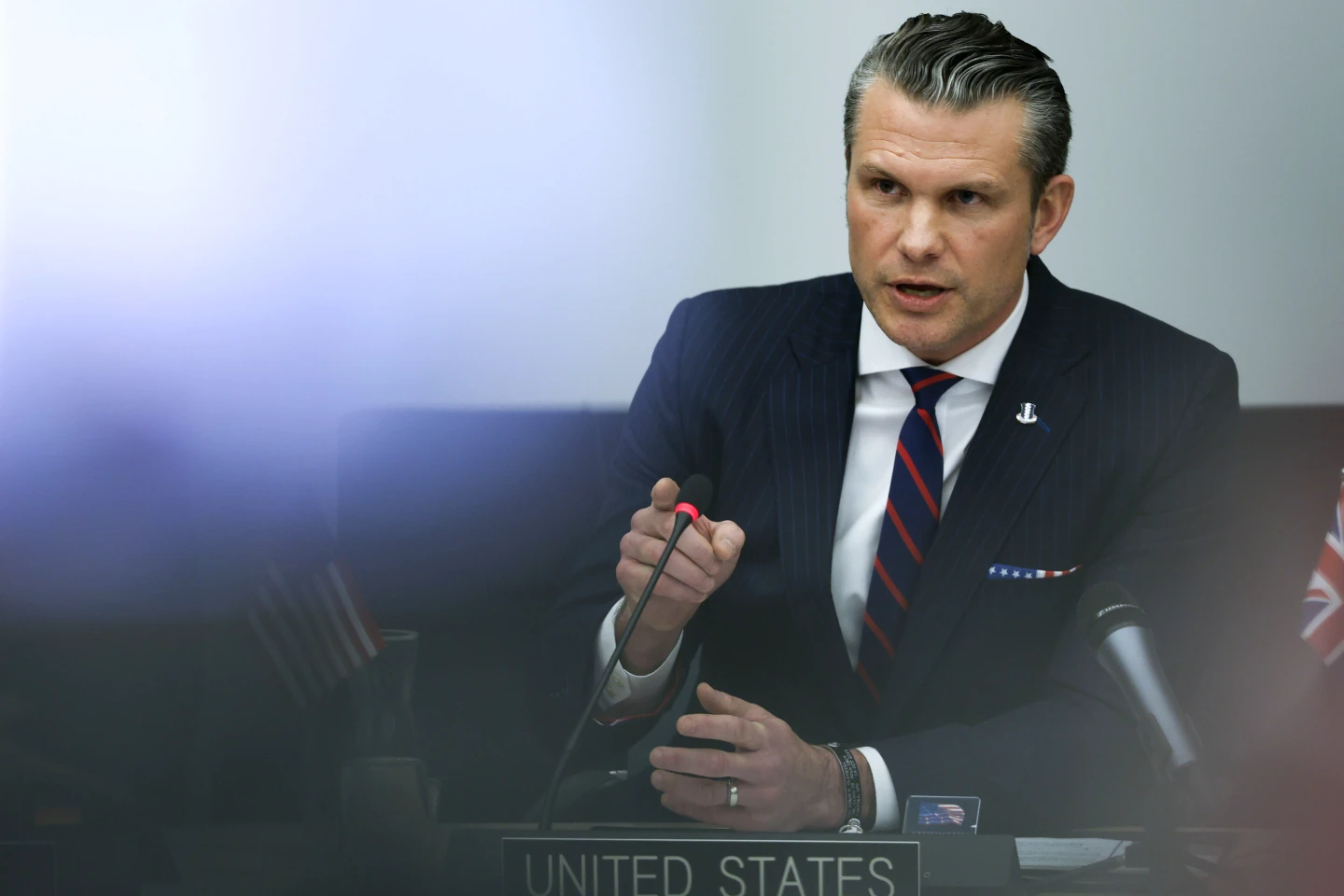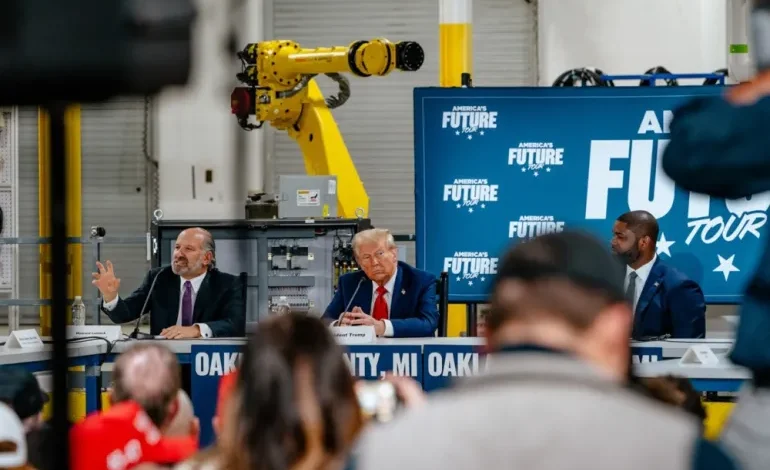President Donald Trump’s decision to impose significant tariffs on imports from key trading partners, including Mexico, Canada, and China, has sparked a wave of international condemnation and fears of a global trade war, Al Jazeera reports.
The move, enacted through three executive orders signed on Saturday, has been met with swift retaliatory measures worldwide.
The tariffs, set at 25 percent for goods from Mexico and Canada and 10 percent for all imports from China, were justified by Trump on the grounds of a national emergency related to fentanyl trafficking and “illegal” immigration. However, the sweeping nature of the tariffs has been widely criticized as economically damaging and detrimental to international relations.
Immediate Retaliation from Affected Nations
Mexico’s President Claudia Sheinbaum responded with the imposition of retaliatory tariffs, stating that while her government sought dialogue, it was forced to act in response to Trump’s measures. She also vehemently denied allegations of an alliance between drug cartels and the Mexican government, a claim used by the Trump administration to justify the tariffs. Mexican Economy Minister Marcelo Ebrard deemed the tariffs a “flagrant violation” of the US-Mexico-Canada Agreement.
Mexico’s dependence on exports to the US, which account for nearly a third of its GDP, makes it particularly vulnerable to these trade disruptions. While specific details are still emerging, it’s expected that Mexican retaliatory tariffs could target a wide range of US goods, including pork, cheese, fresh produce, and manufactured steel and aluminum.
Canada, a crucial US trading partner, also announced retaliatory tariffs, with levies of 25 percent on a range of US products, including beer, wine, bourbon, fruits, fruit juices, as well as clothing, sports equipment and household appliances. Prime Minister Justin Trudeau warned that the tariffs would harm both Canadian and American workers, potentially jeopardizing American manufacturing jobs and auto assembly plants. Canada’s economy is heavily integrated with that of the US, with $2.5 billion in trade flowing across the border daily. The Premier of British Columbia labeled the move a “complete betrayal of the historic bond” between the two countries.
China, despite facing a considerable tariff hike, adopted a somewhat restrained approach, stating it would challenge the decision at the World Trade Organization and take unspecified “countermeasures.” However, the Chinese government urged the US to engage in “frank dialogue and strengthen cooperation”. They also highlighted the fentanyl issue, pointing to the need for a collaborative solution to the problem rather than punitive trade policies.
Global Concerns Mount
Beyond the immediate responses from the affected nations, the tariffs have raised alarm bells across the globe. The European Union expressed “regret” at the US decision. Japan’s Finance Minister expressed deep concerns about the potential impact on the world’s economy, and South Korea has ordered agencies to monitor the impact on its economy and companies, many of which have significant production bases in Mexico.








